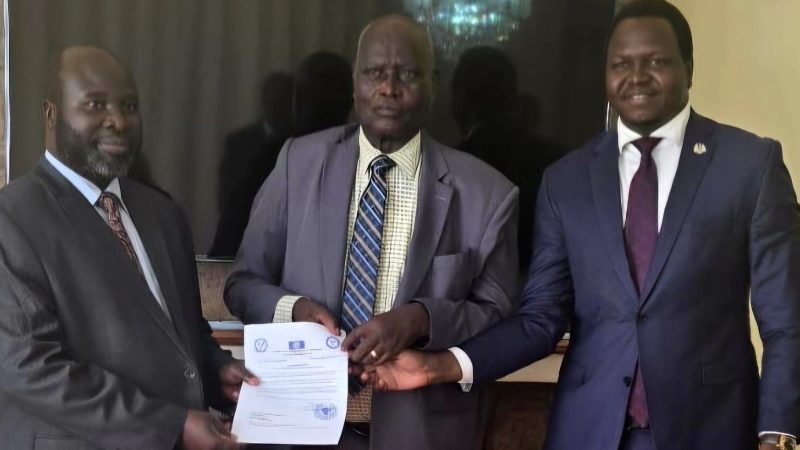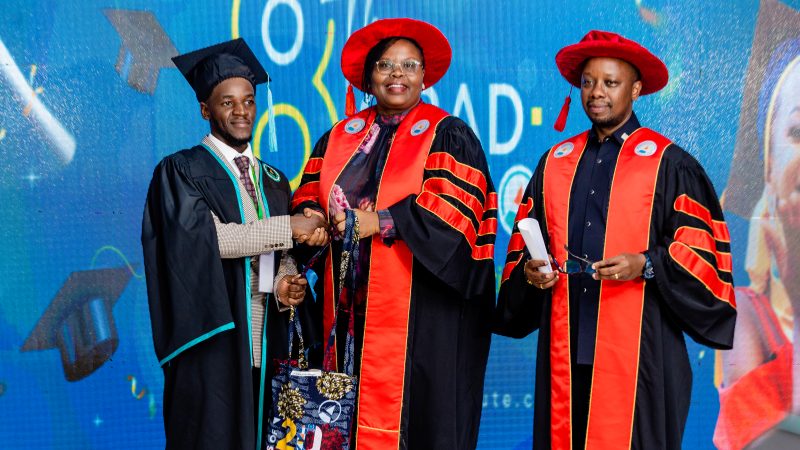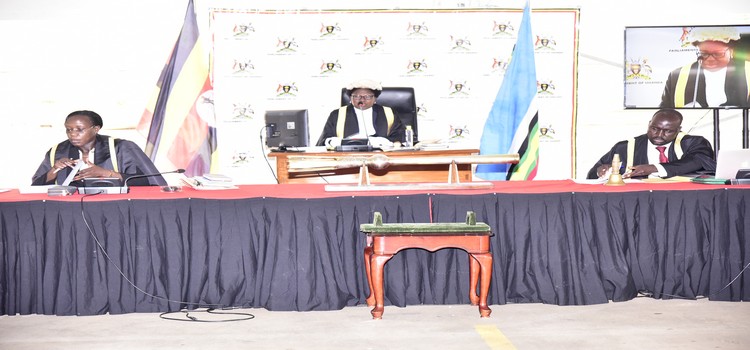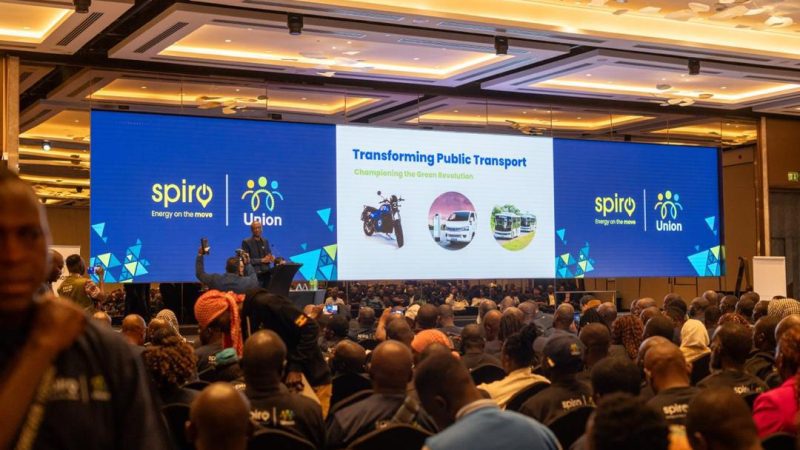The Income Tax Amendment Bill 2020 has passed into law with amendments, leaving the Finance Ministry counting losses on revenue measures.
A proposal to raise the tax on rental income from 20 to 30 per cent flopped after the deletion of clause 3, which had proposed the new tax measure.
Withholding tax on land sale transactions other than for the construction of factories was proposed at 5 per cent, but was dropped after being met with stiff opposition from a majority of MPs.
During the opening of the debate on the Income Tax (Amendment) Bill 2020 on Wednesday, 15th April 2020, Shadow Attorney General, Hon Wilfred Niwagaba led the onslaught against the proposal.
“This is double taxation; it is likely to increase the price of land and sellers don’t want to pay this tax…as a result, land purchasers will become tax agents and this will impact on families that sell land for non-commercial purposes like raising school fees,” he said.
Similarly rejected is a proposal to increase tax on rental income to 30 per cent, a move MPs feared would affect the growth of real estate in the country, which raised size of the economy after being rebased in 2012.
MP Guma Gumisiriza (NRM, Ibanda North), said the proposal would negative the gains made in growing the real estate sector in the country and therefore, worsen the country’s housing crisis.
Also rejected is clause 2 of the Bill was also rejected for proposing a 0.5 per cent tax on the gross turnover of companies reporting losses for more than 5 years.
By false accounting and keeping multiple books of account, argued Finance State Minister, Hon Gabriel Ajedra, the companies conceal their profits to evade taxes, hence the initiative.
But the proposal was opposed by MPs led by Kabula County’s James Kakooza (IND.,) who said the Uganda Revenue Authority (URA) should have the capacity to detect such evasions and that Parliament should not be used to legislate out of URA’s weakness.
Minister Ajedra, however, gained after marshalling support to defeat the Committee on Finance’s proposal to drop tax on the net income of private schools.
“There is…need to allow private educational institutions to grow and supplement the few government institutions hence the need to exempt the business income of educational institutions so that the returns generated are reinvested in the sector,” said MP Henry Musasizi, the Chairperson of the Committee.
Minister Ajedra, however, differed.
“Last year, Kampala Parents made a profit of Shs6.2 billion, St Mary’s made Shs9.2 billion and Galaxy International made Shs2.8 billion; Seeta High made Shs4.2b in profits…we cannot allow government to lose that amount of money,” he said.
MPs voted to reject the proposal.
Minister Ajedra’s parting shot was that government has lost Shs270b in the rejected tax proposals.
Parliament is in a race against time to enact the tax Bills in preparation for the passing of the budget next week to allow for an early recess in light of the Covid19 pandemic.









